High Blood Pressure

What is high blood pressure?
High blood pressure, or hypertension, occurs when your blood pressure increases to unhealthy levels. Your blood pressure measurement takes into account how quickly blood is passing through your veins and the amount of resistance the blood meets while it’s pumping.
Increased pressure can cause health issues, including heart disease or Brain stroke
Hypertension is quite common and you may not notice any symptoms. Even without symptoms, high blood pressure can cause damage to your blood vessels.
Early detection is important. Regular blood pressure readings can help you and your doctor notice any changes. Treatment for hypertension includes both prescription medication and healthy lifestyle changes.
What are the symptoms of hypertension?
Hypertension is generally a silent condition. Many people will not experience any symptoms. Symptoms of hypertension include:
- Headaches and heaviness
- shortness of breath
- nosebleeds
- flushing
- dizziness
- chest pain
- visual changes
These symptoms don’t occur in everyone with hypertension, but waiting for a symptom of this condition to appear could be fatal.
The best way to know if you have hypertension is to get regular blood pressure readings. Most doctors’ offices will take a blood pressure reading at every appointment.
What causes high blood pressure?
There are two types of hypertension. Each type has a different cause.
Primary hypertension is also called essential hypertension. This kind of hypertension develops over time with no identifiable cause.
Over time, unhealthy lifestyle choices like lack of physical activity and poor diet can take their toll on your body. Lifestyle choices can lead to weight problems. Being overweight or obese can increase your risk for hypertension.
Secondary hypertension often occurs quickly and can become more severe than primary hypertension. conditions that may cause secondary hypertension include:
- kidney disease
- obstructive sleep apnea
- congenital heart defects
- problems with your thyroid
- alcohol abuse
Diagnosing high blood pressure
Diagnosing hypertension is as simple as taking a blood pressure reading. Most doctors’ offices check blood pressure as part of a routine visit. If you don’t receive a blood pressure reading at your next appointment, request one.
If your blood pressure remains high, your doctor will likely conduct more tests to rule out underlying conditions. These tests include:
- Urine test
- Cholesterol screening
- Test of your heart’s electrical activity
Healthy lifestyle changes can help you control the factors that cause hypertension.
The most common Home Remedies include:
Developing a healthy diet
- fruits
- vegetables
- whole grains
- lean proteins like fish
Increasing physical activity
Reaching a healthy weight should include being more physically active. In addition to helping you shed pounds, exercise can help reduce stress, lower blood pressure naturally, and strengthen your cardiovascular system.
Aim to get 150 minutes of moderate physical activity each week. That’s about 30 minutes five times per week.
Reaching a healthy weight
- Managing stress
- Exercise
- meditation
- deep breathing
- Getting adequate sleep
- If you’re a smoker, try to quit
- Alcohol can raise blood pressure.
The most common dietary recommendations for people with hypertension include:
Eat less meat, more plants
A plant-based diet is an easy way to reduce the amount of sodium and saturated and trans fat you take in from dairy foods and meat. Increase the number of fruits, vegetables, leafy greens, and grains you’re eating. Instead of red meat, opt for healthier lean proteins like fish and poultry.
Reduce dietary sodium
Cut back on Sweets /Alcohol and Chocolates
This article contains general advice only and is not a substitute for medical advice. Always seek a professional health care opinion
